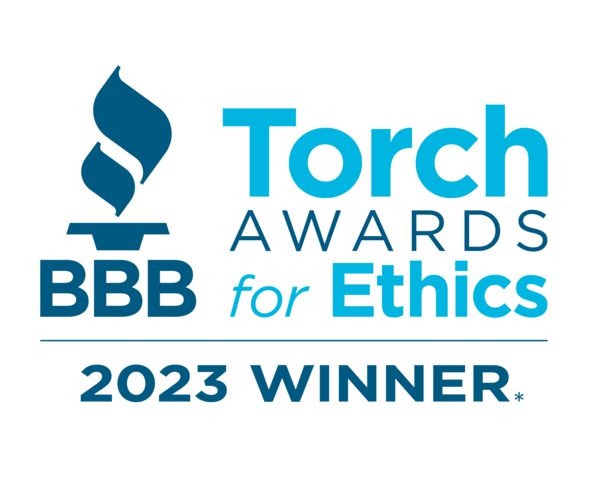Since last fall, Ability Center Advocates have been working hard to ensure that, over the next two years, the Ohio Budget maintains enough long-term services and supports to support people with disabilities to live independently in the community. Now we are rounding the finish line in budget advocacy with the Ohio budget set to pass by the end of June.
Ability Center met with legislators to discuss our priorities, organized a day on the hill for advocates around the state, worked with self- advocates to send postcards, and submitted testimony on our priorities. View page here.
Our priorities?
- Solving the Direct Care Crisis: People with disabilities in Ohio are in the midst of a direct care crisis. In a recent Ability Center survey, 54.43% of Respondents stated that there is high turnover for direct care workers and that their providers change often. 39.11% stated that they are sometimes left without an in-home provider for weeks at a time. Most direct care professionals are paid through Medicaid. The Ability Center is advocating that Ohio set a base hourly wage for direct care workers and raise rates to help solve this crisis.
- Supported Decision Making: The Ability Center supports Supported Decision Making as an alternative to guardianship. However, language in the House version of the budget, intended to legislate Supported Decision Making, would unintentionally harm people with disabilities by making it easier for a third party to get control over their decision making without having the oversight of the Probate Court. The Ability Center is advocating that this language be removed or amended from the budget bill.
We are looking forward to successfully reporting out on these issues once the budget passes and appreciate all of the support we’ve received from our constituents in the disability community and our state decision-makers.
HHC v. Talevski: U.S. Supreme Court finds that Plaintiffs have the right to sue in federal court for violations of Medicaid rather than relying on CMS.
On June 8, 2023, the U.S. Supreme Court made a decision in HHC v. Talevski that gives Medicaid recipients a powerful tool in ensuring their legal rights are enforced.
Gorgi Talevski’s family filed a lawsuit against the Health and Hospital Corp of Marion County, Indiana (HHC) (a municipal corporation and political subdivision of the state that operates nursing facilities) alleging that his nursing facility’s use of psychotropic drugs as chemical restraints, involuntary transfers and attempted involuntary discharge to a dementia facility violated the Federal Nursing Home Reform Act (FNHRA). The FNHRA establishes the minimum standards of care to which nursing-home facilities must follow to participate in the Medicaid program. The Talevski family sued using a federal law known as Section 1983, which helps private parties enforce certain federal rights.
The District Court found that Mr. Talevski’s family had to rely on a federal agency, HHS, to enforce his rights under the FNHRA. Mr. Talevski’s appealed the decision, and the 7th Circuit of Appeals found that the family did have the right to file in a federal court. HHC then appealed the case to the U.S. Supreme Court.
In its decision, the U.S. Supreme Court agreed with the 7th Circuit decision that Mr. Talevski’s family had the right to sue HHC for violating the FNHRA in a federal court. The Court based its decision on precedent around similar laws passed as part of the federal government’s “spending clause” that clearly establish the right to sue in federal court. The Court also looked at the FNHRA specifically, and found that Mr. Tavlevski’s family had a specific right to enforce FMHRA because the rights at issue were “unambiguous” and there was no “incompatibility” between enforcing the law in a court and the administrative enforcement provisions.
What effect does this have?
Laws with only administrative enforcement provisions are sometimes hard to enforce because administrative agencies have limited capacity to take cases and enforce laws. By confirming that FNHRA and other Medicaid laws can be enforce privately, in a federal court, the U.S. Supreme court has given Medicaid beneficiaries a powerful tool to make sure their rights are respected.


